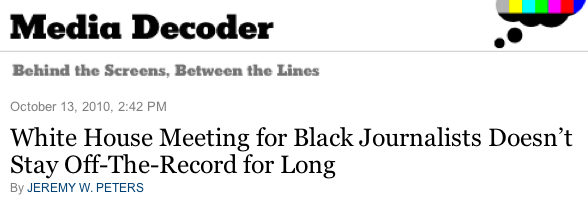What if an employer would prefer a male for a job opening because every once in great while, something somewhat heavy or clunky has to be moved and the employer feels more comfortable having a man do it? In the past, the employer would have to weigh that relatively trivial situation against the fact that men were being paid more than women. An employer might say to themselves, I'd rather hire a woman at lower pay than pay more for a man just so that man can lift a heavy box or do some other heavy lifting once a month.
So the new problem could become, if all things are now equal, the man may suddenly have an advantage over a relatively trivial issue. If the employer MUST pay everyone the same, then why not hire the male and get the advantage of having a heavy lifter available in a pinch?
I would have handled the equal pay issue in a different manner. I would have first closed the gap to no more than an initial 10% difference in pay. This in itself is an immediate victory for woman as the pay gap was significantly larger than 10%, perhaps as high as 22%. This 10% difference could only be in place for 3 months, after three months the pay rate would then have to equalize.
Additionally, I would make it illegal for all the men to be paid more than the highest paid woman. So if there were 10 employees, it would be illegal for the five women to be the five lowest paid positions. These ideas would make the pay differences so much closer than it currently is, while also not necessarily giving a male any preference because of perceived greater strength.
Assuming the Lilly LedBetter law actually influences or forces employers to pay their employees equally, (and I'm not sure the initial hype accurately depicted what this law is about), Equal pay may subliminally encourage an employer, all things being equal, to hire a man instead of a woman.
Thursday, January 29, 2009
Subscribe to:
Post Comments (Atom)
Share Gadget
10,000 Dollar Grant! Another Great Find from FABULOUSLY40.com
CHECK OUT HILLARY CLINTON FORUMS
Hillarys Village.net (down for now) - Hillary's World - Hillary Villagers.net - Women in Politics


























































4 comments:
Isn't the Ledbetter law akin to "equal pay for equal work"? Not equal pay regardless of the work?
So isn't this situation moot? The question is not whether a woman sitting at a desk and a man doing heavy lifting should be paid equally.
The question is whether a man doing heavy lifting and a woman doing heavy lifting should be paid equally.
Sometimes a job has a unique situation where, once a month, something might need to be done that normall isn't done.
If the company isn't large enough to have a real maintenance division, then it may be up to the office workers to move a heavy desk, replace the CRT monitor with a Plasma screen.
Things just come up. They don't come up very often, but might not an office manager weigh that into the mix when comes to a man or woman vying for the same job?
By the three month mark, the manager will probably realize the heavy lifting situation is manageable, so the at most 10% difference in pay disappears, the company got their little temporary upfront discount of 10%, and the woman received a significantly higher starting pay plus the 10% increase at the 3 month mark over what she previously received before the law was enacted.
Certainly not a perfect solution but one that minimizes a male being hired if all things are equal.
Maybe the woman could figure out a way to brace the object and get it from place to place without lifting. Or she might suggest investing in a wagon, hoist or cart or something so nobody has to lift it, or the guy hiring her might feel it' worth it to him to pick it up himself and hire her anyway. A lot of things could happen, but it doesn't seem to be enough of a concern to matter.
Why do you think woman's pay seems to have stabilized at 78% of what a man makes?
Why didn't it stabilize at say, 85%, or 90%?
Why that big of a difference?
Post a Comment